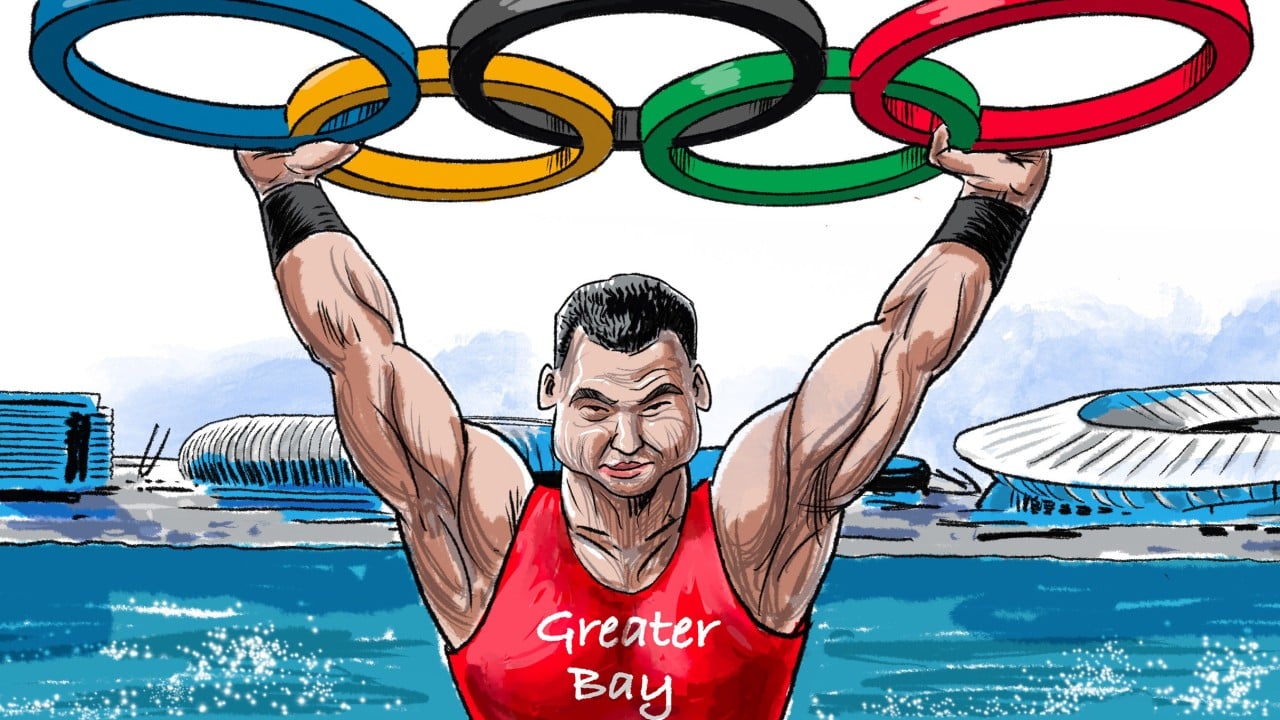For cities around the world, hosting the Summer Olympic and Paralympic Games is often seen as both a prestigious honour and a daunting economic burden. The need to construct sports complexes, modernise transport networks and expand accommodation capacity can saddle hosts with debt and infrastructure that often falls into disuse post-Games.
Advertisement
But what if the host has the DNA for hosting a successful Olympics and can surmount this financial strain? What comes to mind is the Greater Bay Area – a vibrant region encompassing Hong Kong, Shenzhen, Macau and Guangzhou – where much of the infrastructure required for the 2036 Games is already in place or planned.
In Hong Kong, Kai Tak Sports Park is our premier venue, complementing the Hong Kong Jockey Club race courses (which hosted equestrian events in the 2008 Olympics), the Hong Kong Golf Club, Hong Kong Velodrome, Hong Kong Coliseum, Queen Elizabeth Stadium, the Hong Kong Convention and Exhibition Centre, AsiaWorld-Expo and the planned Skytopia, to name a few.
Across the border in Shenzhen, facilities such as the Universiade Sports Complex, Shenzhen Stadium and Shenzhen Bay Sports Centre stand ready to host major events. Macau offers the Olympic Sports Centre, East Asian Games Dome and Venetian Arena, while Guangzhou completes the quartet with its International Rowing Centre and canoe slalom course.
The iconic beauty of Hong Kong’s harbour can be the backdrop for sports events requiring temporary venues, such as the triathlon and beach volleyball. Innovative, temporary, cost-effective structures can be used, eliminating the need for permanent facilities.
Advertisement
The Paris Olympic committee required all athletes to be housed within 45 minutes of their competition venue – the Greater Bay Area is uniquely positioned to meet, even exceed, this standard, thanks to its robust, reliable and rapidly expanding transport network.

